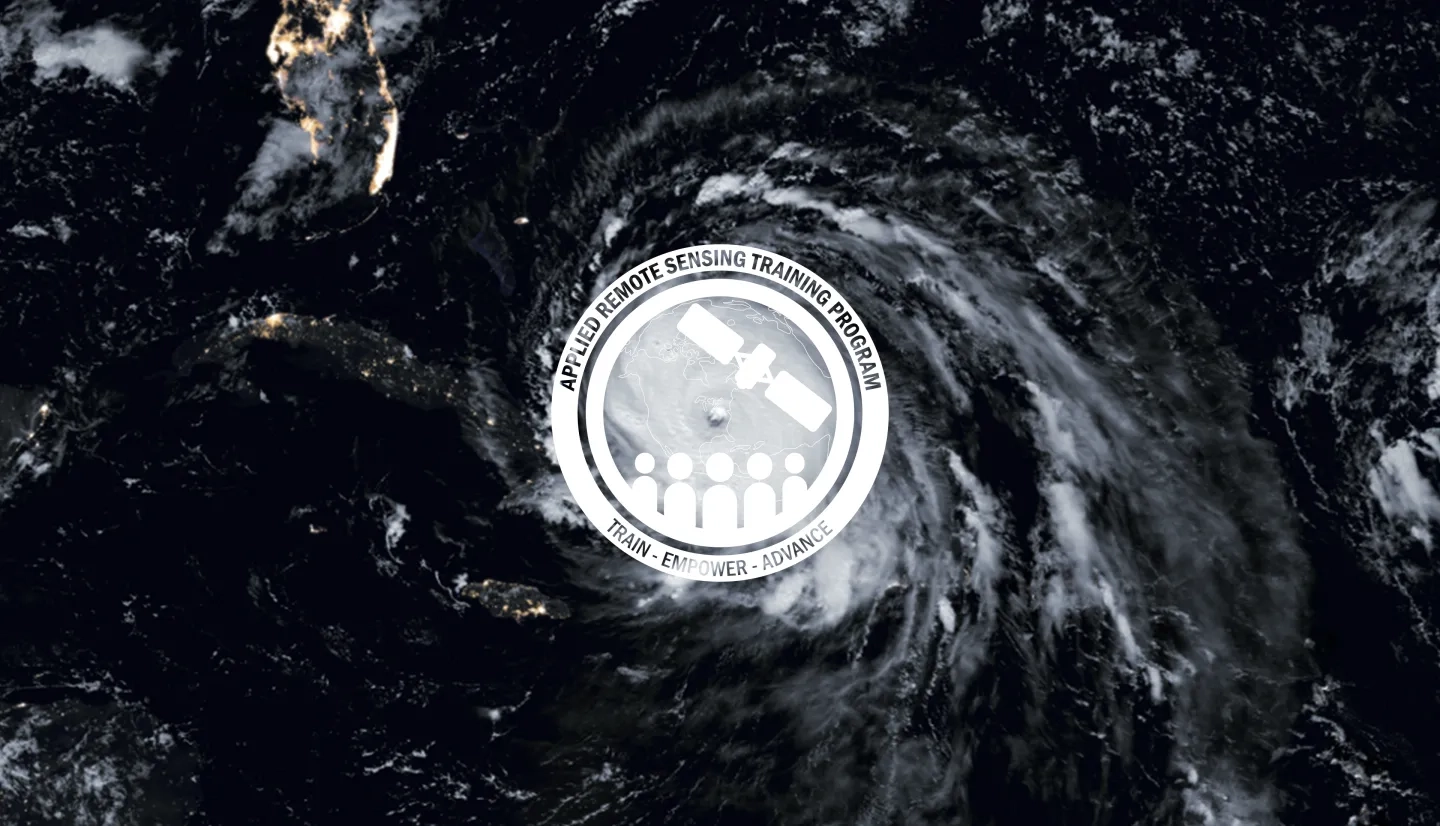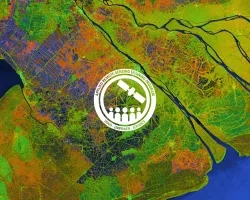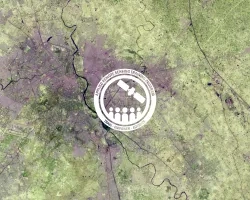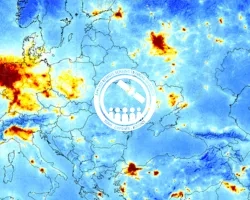Description
May 03, 2018 - May 10, 2018
Tropical storms have major impacts, including loss of life and destruction of property. In 2017 alone, the United States experienced three tropical storms with more than $1 billion in losses. Open source satellite data can be used before, during, and after a storm for monitoring and response. A storm’s intensity, path, wind, precipitation, storm surge, and flooding can be derived from historical and near real-time satellite observations. In this introductory webinar, participants will learn about the NASA data and tools they can use to monitor tropical storms.
- Sessions 1 and 2B of Fundamentals of Remote Sensing
- NASA Remote Sensing Observations for Flood Management
By the end of the training, attendees will be able to:
- Identify remote sensing data and tools relevant to tropical storms
- Monitor conditions before, during, and after a storm using remote sensing data
- Understand how remote sensing data can be used in decision-making activities
This training is primarily intended for individuals and organizations engaged in emergency management, such as relief organizations, transportation and utility providers, public health professionals, and insurance providers.
- Two 2-hour sessions
This session will cover: information about tropical storms and their impacts, pre-storm emergency preparedness, and information on monitoring approaching storms with NASA remote sensing and Earth system model data and tools. This includes data like seal level pressure, wind speed forecast, precipitation, soil moisture, terrain, population, and infrastructure data, using tools such as Worldview, Giovanni, and GDACS.
Materials:
Materiales en Español:
This session will cover monitoring winds, rain, flooding, storm surge, and affected areas and communities for emergency management operations. This session will also include an example of applications of remote sensing for tropical storm-related decision support.
Materials:
Materiales en Español:



